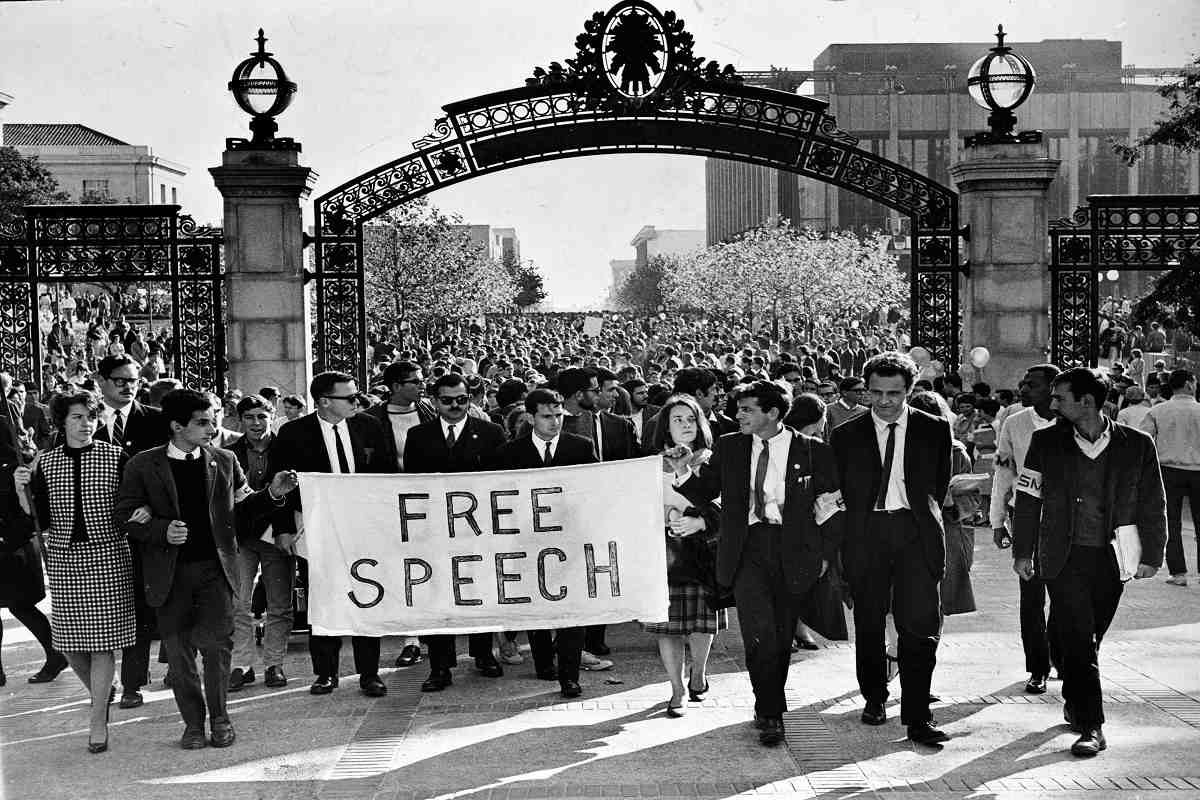Counterculture
Written on September 21st , 2022 by Hanna Vegvari
Counterculture
Counterculture, by definition, is a culture and way of life and set of attitudes opposed to or at variance with the prevailing social norm. This meaning, that the values and norms of accepted behaviour differ substantially from those of mainstream society. Thus a countercultural movement, is a movement that expresses the ethos and aspirations of a specific population.
A great example of such a movement is the Civil Rights Movement of the 1960s that fought against institutionalized racism, police brutality, and discrimination against Black people in America. When asked to reminisce about the ’60s and ’70s, popular cultural events like Woodstock or protests from anti-war to pro-women’s rights may jump to mind. Those going against the mainstream developed their own identity, known today as counterculture — a movement diametrically opposed to the status quo.
“To be truly countercultural in a time of tech hegemony, one has to, above all, betray the platform which may come in the form of betraying or divesting from your public online self.” With social media transforming countercultural activity into profitable, high-engagement content, being countercultural doesn’t mean being counter-hegemonic anymore. What logic could possibly be upended by all different groups of people, when the internet, a massively large and relatively inclusive space of capitalization, profits off personal expression and political conflict? Take for example a person posting out his opinion on a political situation, and the post blows up. What does that mean? It means activity on the platforms, people actively participating, commenting, arguing, agreeing or raging. This all means profit and increased activity for social platforms. Thus we can conclude that counterculture is now profitable, in fact, important content.
According to documentjournal, “To be truly countercultural today, in a time of tech hegemony, one has to, above all, betray the platform, which may come in the form of betraying or divesting from your public online self.” Therefore, we do not see counterculture today as a movement interested in being seen. Rather, they demonstrate a hunger for freedom. In today’s era, counterculture can be difficult to see, and even harder to find. But that doesn’t mean it’s not there.
